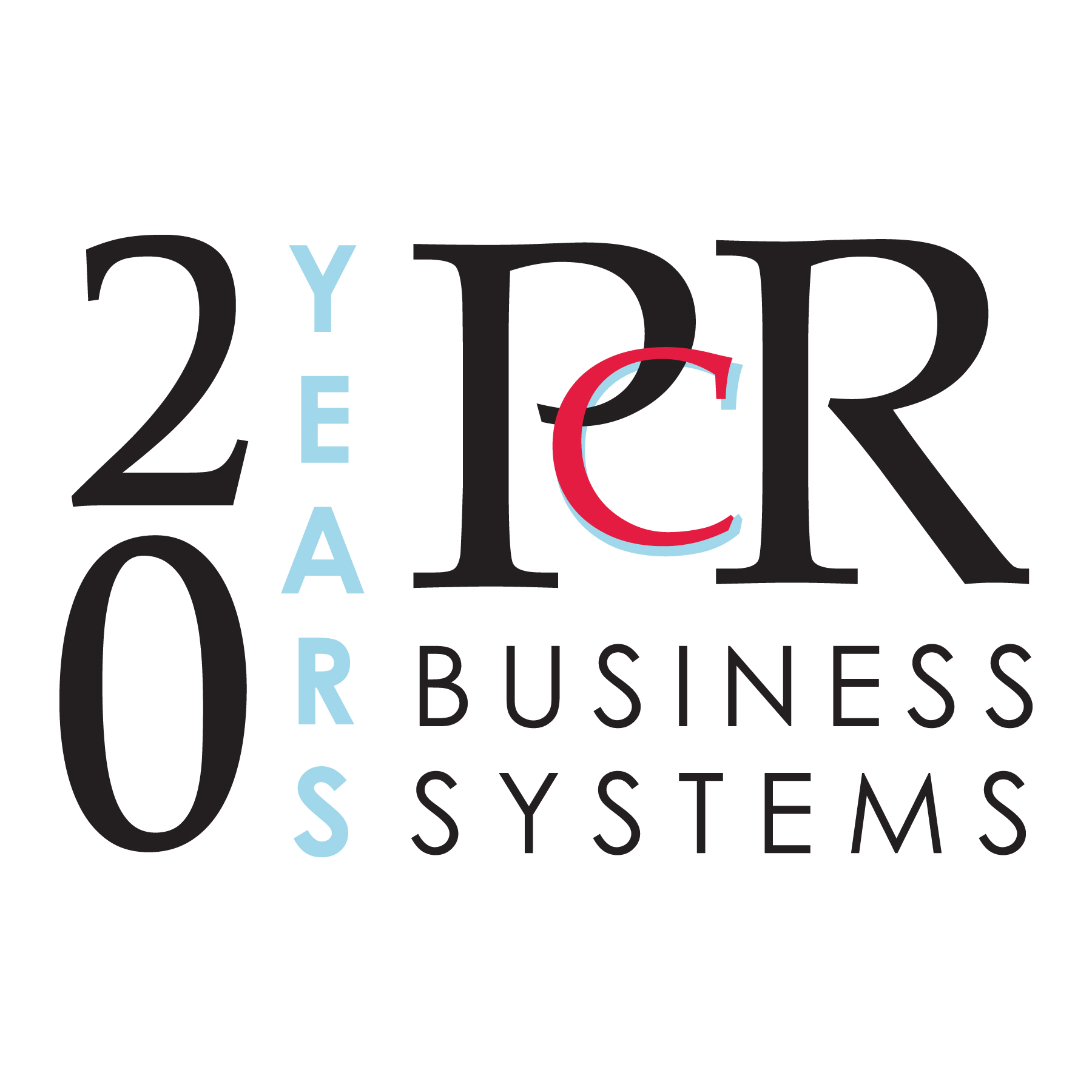Cloud Computing Benefits: What You Need to Know Before Making the Switch
An increasing number of organizations are turning toward cloud computing for their operations—and for good reason. There are many business-related benefits associated with the technology. Services such as Google Drive, Dropbox, Microsoft OneDrive, and many others have become indispensable resources for many companies. However, the cloud isn’t entirely without risk. Knowing the advantages and risks of cloud computing is necessary to make the right decision for your business.
What is the Cloud and How Does it Work?
Terms such as “the cloud” or “cloud computing” are simply buzzwords for the internet. Specifically, they refer to the sharing of resources, software, and information over the web. This means instead of having to download and install software on your computer in order to use certain programs, you can access the same applications on the internet.
Cloud computing is based on the premise that computing operations are handled by a remote machine—a physical or virtual server—maintained by a cloud computing provider. Cloud services help to ease the workload of the device accessing the cloud, such as freeing up memory and computing power. This provides a plethora of benefits, along with a few disadvantages.
The Advantages
- Scalability: A common pain point for growing businesses is scaling operations. Cloud-based services are able to scale on-demand, regardless of how much your workflows fluctuate.
- Flexible Storage Options: In addition to increased storage space, users can choose their cloud storage option including private, public, and hybrid cloud services.
- Collaboration: One of the biggest benefits of the cloud is the ability to easily collaborate with coworkers. When using cloud services, team members can sync and work on documents or shared applications together in real time and in different locations.
- Accessibility: Cloud-based applications can be accessed by most devices capable of establishing an internet connection. This means you can access your work on the go, so you don’t have to be tethered to your office desk.
- Disaster Recovery: Losing your data due to events such as a natural disaster, damaged equipment, or a data breach could be catastrophic to a business. By storing your information in the cloud, you ensure that it is always available, even if something unfortunate were to happen.
The Disadvantages
- Internet Connectivity: Since the cloud is based on the internet, you need a constant, reliable internet connection to access the services. Unfortunately, this means that service outages are a possibility, which can result in inconvenient downtime.
- Security: Moving your data to the cloud means that you’re no longer hosting your information locally; it’s now in the hands of a third-party vendor. This can open up vulnerabilities if the service you choose doesn’t take securing your information seriously.
- Vendor Lock-in: There may be a time when you’ll want to switch from one cloud computing service to another. If you’re working with a vendor platform that differs drastically from the new platform you want to use, the difference between the two services could hinder the migration process.
- Data Preparation: In an ideal world, moving data to the cloud would be as simple as copying it over. However, in reality, there’s a lot of preparation that needs to be done. The data you choose to migrate to the cloud needs to be organized by priority. In addition, different workflows will need to be reformatted in different ways. For example, Word documents and PDFs will likely be packed into ZIP files, while media may need to be transcoded.
PCR Business Systems Is Your Solution for Cloud Services
If you’re considering moving your business operations to the cloud, PCR Business Systems can help. We’ll also provide you with cloud services that best fit your business goals. In addition to the excellent cloud services we provide, we offer a free IT Strategy Discussion to help align your technology with your business goals. Our experts will explain the ins and outs of the cloud and how it can help take your company to the next level.
Contact us today to learn more.



